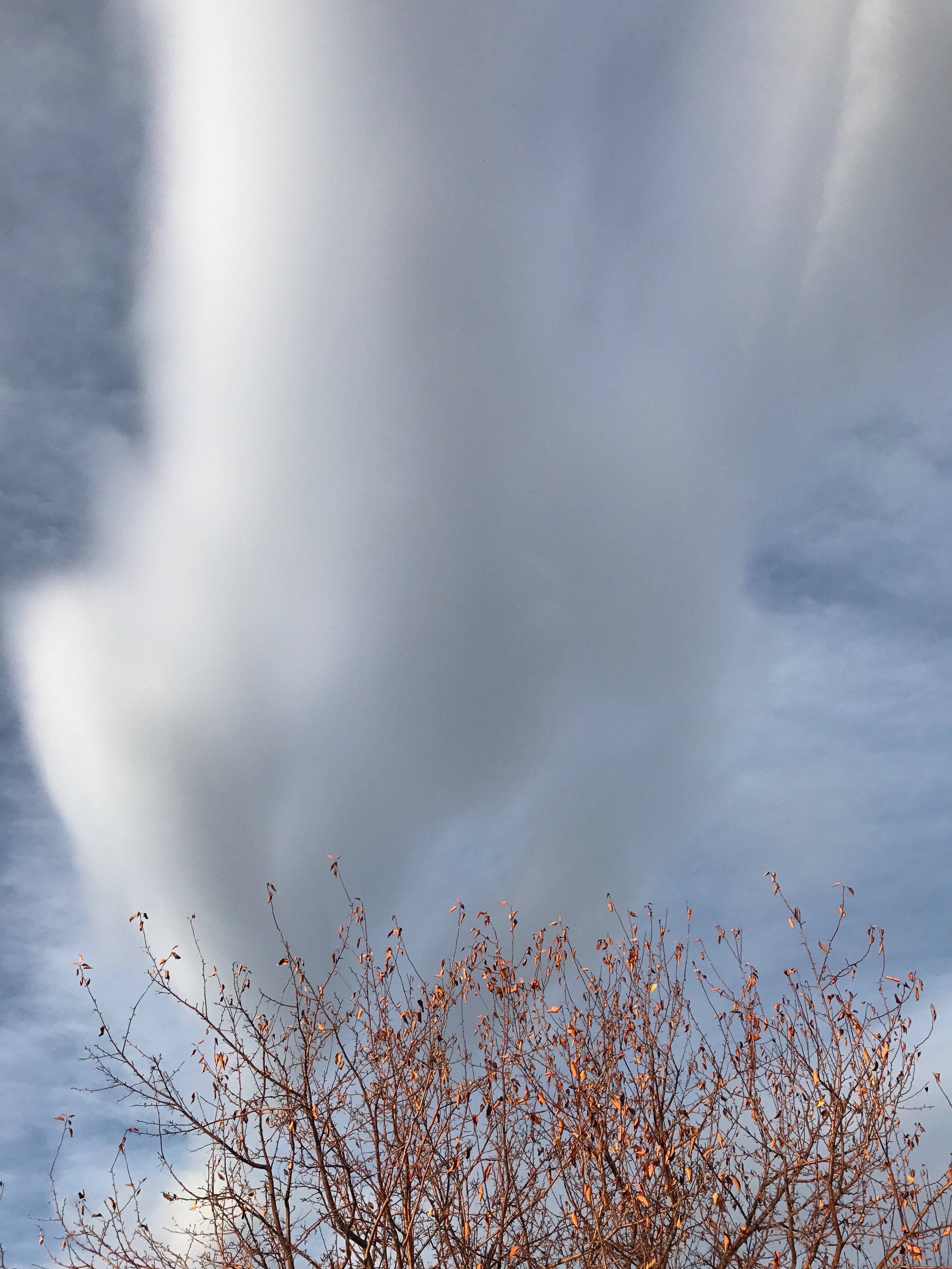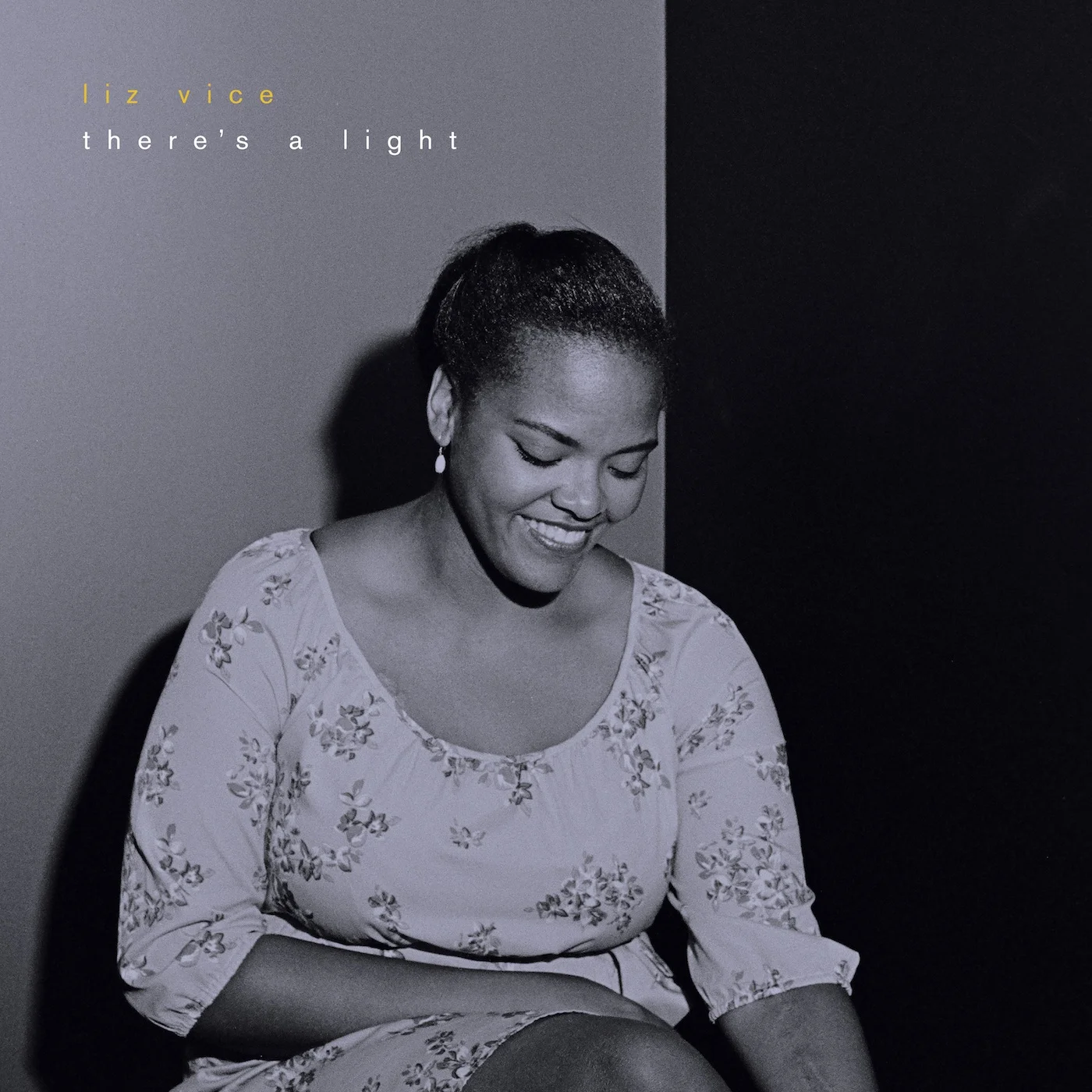A good friend and I hosted a New Years Eve party last night and he asked me to put something together to say to our guests. I chose the theme of loss and commemoration. I hope you find it helpful.
Why do we do New Years? Why do we gather on a certain winter evening and observe these customary celebrations? To some, these traditions are all that makes sense of their lives. To others, they are random, arbitrary, and serve no purpose except to distract. Yet I suspect that many of us do this merely out of habit. It's just what we do every year, so we just keep doing it. Might there be a purpose, a vocation if you will, for these seemingly random occasions of the calendar?
The other night I was listening to a reading of a fine essay by the 20th century English-French author Hilaire Belloc, who described the Christmas traditions that were kept at his great English estate. Here is his description of their New Year celebration:
"In the midst of this season between Christmas and Twelfth Day comes the ceremony of the New Year, and this is how it is observed:
On New Years’ Eve, at about a quarter to twelve o’clock at night, the master of the house and all that are with him go about from room to room opening every door and window, however cold the weather be, for thus, they say, the old year and its burdens can go out and leave everything new for hope and for the youth of the coming time.
This also is a superstition, and of the best. Those who observe it trust that it is as old as Europe, and with roots stretching back into forgotten times.
While this is going on the bells in the church hard by are ringing out the old year, and when all the windows and doors have thus been opened and left wide, all those in the house go outside, listening for the cessation of the chimes, which comes just before the turn of the year. There is an odd silence of a few minutes, and watches are consulted to make certain of the time (for this house detests wireless and has not even a telephone), and the way they know the moment of midnight is by the boom of a gun, which is fired at a town far off, but can always be heard.
At that sound the bells of the church clash out suddenly in new chords, the master of the house goes back into it with a piece of stone or earth from outside, all doors are shut, and the household, all of them, rich and poor, drink a glass of wine together to salute the New Year.
This, which I have just described, is not in a novel or in a play. It is real, and goes on as the ordinary habit of living men and women. I fear that set down thus in our terribly changing time it must sound very strange and, perhaps in places, grotesque, but to those who practise it, it is not only sacred, but normal, having in the whole of the complicated affair a sacramental quality and an effect of benediction: not to be despised.
Indeed, modern men, who lack such things, lack sustenance, and our fathers who founded all those ritual observances were very wise."
It is at this point that his largely nostalgic essay takes a serious turn, tackling the subject of death. I'm sure you are aware that media has been talking quite a bit about the number of celebrities that have passed away in 2016. Maybe you didn't need another actor or musician or author to pass away for 2016 to be a year of loss to you. Perhaps you've experienced it yourself, whether loss of life or other lesser deaths. Belloc continues:
"Man has a body as well as a soul, and the whole of man, soul and body, is nourished sanely by a multiplicity of observed traditional things. Moreover, there is this great quality in the unchanging practice of Holy Seasons, that it makes explicable, tolerable, and normal what is otherwise a shocking and intolerable and even in the fullest sense, abnormal thing. I mean, the mortality of immortal men.
Not only death (which shakes and rends all that is human in us, creating a monstrous separation and threatening the soul with isolation which destroys), not only death, but that accompaniment of mortality which is a perpetual series of lesser deaths and is called change, are challenged, chained, and put in their place by unaltered and successive acts of seasonable regard for loss and dereliction and mutability. The threats of despair, remorse, necessary expiation, weariness almost beyond bearing, dull repetition of things apparently fruitless, unnecessary and without meaning, estrangement, the misunderstanding of mind by mind, forgetfulness which is a false alarm, grief, and repentance, which are true ones, but of a sad company, young men perished in battle before their parents had lost vigour in age, the perils of sickness in the body and even in the mind, anxiety, honour harassed, all the bitterness of living."
Belloc has eloquently listed a whole string of conditions which all of us, to varying degrees, know all too well. Let's call out some of those again - "despair," "weariness almost beyond bearing," "unnecessary repetition," "misunderstanding" between fellows, bodily and mental health issues, "anxiety," - in short, "all the bitterness of living."
I've certainly tasted a small number of these pains, enough to know that they are a very part of reality of life. But to what end? Why all this weary toil? Belloc hints that it all may "become part of a large business which may lead to Beatitude." What is a beatitude? It is a blessing. It is here that Belloc can afford to be vague, but we can not. The blessing that is time and all that it continues is a blessing because its purpose is to sanctify. The purpose of all those things I just listed - a rough outline that you and I could fill in with our own details - is to burn away our self-reliance and push to Jesus in clearer ways than before. Ultimately then, the purpose of time is to glorify God.
So regardless of how satisfying, disappointing, or just average your 2016 was - but regardless is the wrong word. Precisely because of how satisfying, disappointing, or just average your 2016 was, you and have been brought through it by the guiding and controlling hand of our Father. And so we can look forward to 2017 with the same expectation; that precisely because of how satisfying, disappointing, or just average it is going to be we can trust that we will be brought through it by the same hand that has brought us through this past year.
With such a mindset and with our hearts in such an attitude, our New Years tradition can serve a purpose. Let's turn to Belloc one last time:
"All the bitterness of living—become[s] part of a large business which may lead to Beatitude. For they are all connected in the memory with holy day after holy day, year by year, binding the generations together; carrying on even in this world, as it were, the life of the dead and giving corporate substance, permanence and stability, without the symbol of which (at least) the vast increasing burden of life might at last conquer us and be no longer borne."
Days like New Years are opportunities to mark the seasons and to commemorate what God has brought us through. They are occasions to remember, to give thanks, to reorient our hearts, and to look to Him as our guidance for the time before us. May the Puritan prayer found in the Valley of Vision be our attitude as we reflect back on 2016 and enter into this next year of our Lord.
“O Love Beyond Compare,
Thou art good when thou givest,
when thou takest away,
when the sun shines upon me,
when night gathers over me.
Thou hast loved me before the foundation of the world,
and in love didst redeem my soul;
Thou dost love me still,
in spite of my hard heart, ingratitude, distrust.
Thy goodness has been with me during another year,
leading me through a twisting wilderness,
in retreat helping me to advance,
when beaten back making sure headway.
Thy goodness will be with me in the year ahead;
I hoist sail and draw up anchor,
with thee as the blessed Pilot of my future as of my past.
I bless thee that thou hast veiled my eyes to the waters ahead.
If thou hast appointed storms of tribulation,
thou wilt be with me in them;
If I have to pass through tempests of persecution and temptation,
I shall not drown;
If I am to die,
I shall see thy face the sooner;
If a painful end is to be my lot,
grant me grace that my faith fail not;
If I am to be cast aside from the service I love,
I can make no stipulation;
Only glorify thyself in me whether in comfort or trial,
as a chosen vessel meet always
for thy use.












































